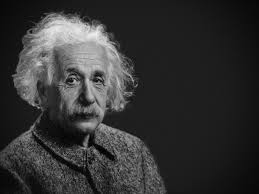Insurgent Mathematicians
What criteria make a number "feasible"? According to Rohit Parikh of the City University of New York, who formulated one of the first formal ultrafinitist theories in the 1970s and proposed the concept of "feasible numbers," the essential thing is to maintain a link to human activity. "A limit has to be established at some point. Things have to be linked to the activity of human beings. Is a number really a mathematical object if it cannot be named, calculated, transmitted, stored, or even coherently individuated within physical limitations?" Consider, for example, Skewes' number, a number that arises in number theory and is so immensely large that it appears to have more digits than there is space in the universe. It was valuable for several reasons, even though it is absurdly high. One reason was to show how far mathematics can go in its search for certainty, and another was to prove that results can be true even if they are of no direct practical use.
9/27/20251 min read


Contenido de mi publicación
